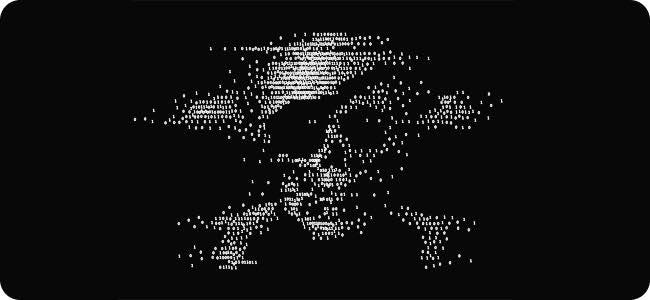This essay appears in Issue 1 of the Mars Review of Books. Visit the MRB store here.
Warez: The Infrastructure and Aesthetics of Piracy
by Martin Paul Eve
Punctum Books, 444 pp, $26.00
Human modes of engaging with the world flow organically from the constraints that the world imposes. We respond intuitively, for instance, to the fact that mass is bound by gravity, that our subjectivity is bound to its point in space, that communication is governed by time and distance. We act on the world by recognizing these limitations and exploiting the patterns implied by them. We extend our capabilities by coordinating with other agents, acting on the world as it is observed or conveyed to us, sharing our models, and arranging our own systems.
The digital network which now encompasses the globe (often referred to simply as ‘the Internet,’ although the Internet protocol is but one of many) is a metaphysical space with its own frame and emergent properties. Our ability to organize and operate is still catching up with its possibilities, but we can learn about its boundaries by observing the edges.
Digital space was created to collapse or suspend material constraints. In this new realm, distance is compressed to latency (the milliseconds between initiation of a network request and response), and time is primarily demarcated by the drift of linguistic or aesthetic signifiers—internet lingo, meme formats, web design—across eras. Digital records are presented to the observer on equal footing—tweets from this morning exist on the same horizontal plane as blog posts from 2012, textfiles from 1987, chat logs from 1996, or scans of 500-year-old manuscripts. Scarcity shifts from nodes to edges, as paths between content become the focus of attention and curation. Some laws persist across the vale; physical entropy, which bounds all existence, manifests in the digital world as bit rot, the gradual corruption of digital data due to minor failures in the devices on which they are stored.


